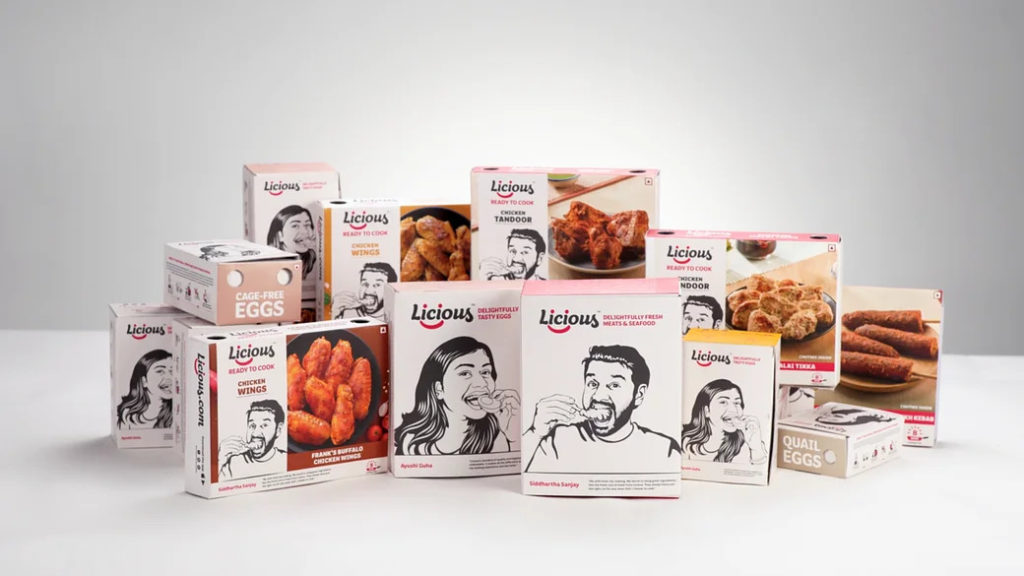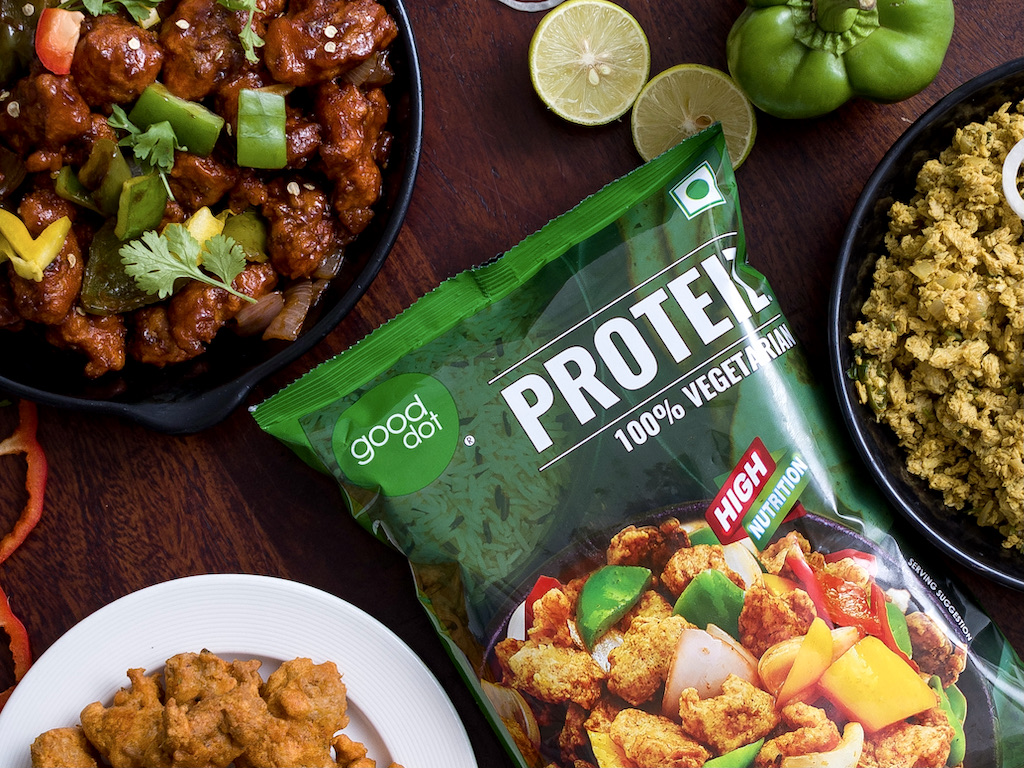3 Mins Read
Licious, the Temasek-backed Indian meat company, has announced the launch of UnCrave, its first foray into vegetarian meat.
The new launch will see Licious work directly with consumers on the UnCrave products, focusing on Delhi, Mumbai, and Bengaluru initially, with more cities to come over the next year. Licious is a leading DTC meat company delivering about two million orders a month with a 90 percent repeat order rate.
India’s plant-based shift
“India has about 100 days in a year where meat consumers cannot eat their favourite animal meat, and that is exactly where we’re positioning ourselves. Animal meat eaters who cannot consume meat on those 100 days are our target audience, not the vegetarians, because they’re anyway not used to the texture, else they would have converted. If they do try UnCrave, they’ll be a bonus for us,” Simeran Bhasin, business head, of alternative protein at Licious, said in a statement.
Licious says it spent about two years developing the products; it’s launching with vegetarian versions of chicken and lamb, with fish on the way.
Think tank The Good Food Institute India worked with Licious on the development and launch. “Licious understands the meat consumer better than pretty much anybody else,” Varun Deshpande, Managing Director of GFI India said in a LinkedIn post. “[And] if they can do the same for plant-based, this foray will be fantastic for the entire category.”

The company says it is also starting to look to acquire smaller startups in the emergent plant-based space. According to Bhasin, more than 100 startups have launched vegetarian meat in India over the last several years, and acquiring companies will help to secure its stronghold in the emerging plant-based category. Licious wants to be the category leader, Bhasin said.
The world’s leading meat companies have begun to edge into the plant-based categories; plant-based meat earns the category leaders about ten percent of revenue at present. But recent research suggests the category is in an S-curve trajectory where mainstream acceptance and a market penetration tipping point are expected within the next few years.
Scaling up
According to Bhasin, the margins are healthier for plant-based meat compared with conventional animal meat. But price parity at retail still remains a challenge.
“Plant-based meat products are at a premium price point and are not for everyone to eat every day. The raw materials sourcing and other factors need to be scaled up as we progress and bring in the economies of scale, to lower prices, that is a challenge we need to overcome,” Bhasin said.

Meat consumption has been on the rise in India in recent years, but demand for plant-based has also climbed, estimated to see a $400 million value in the next few years. Licious has raised nearly $500 million from investors including Temasek, the Singaporean government’s holding company, along with Bertelsmann Investments, Avendus, and others. The company is now valued at about $1.5 billion.



